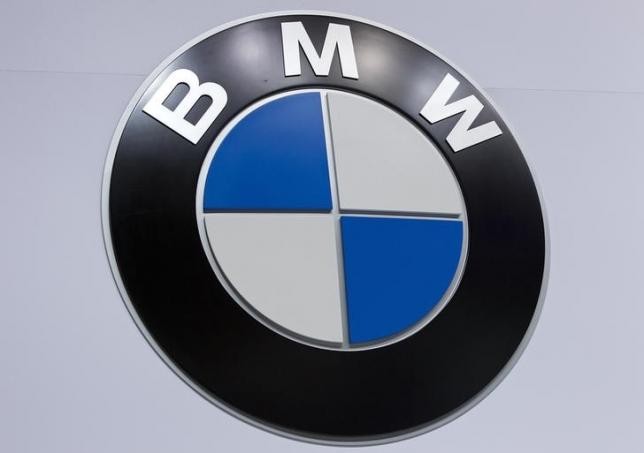The era of gesture-powered controls in cars has dawned as BMW recently unveiled its BMW 7 Series flagship car featuring gesture-detection controls. The BMW 7 Series has advanced in terms of the technology that was packed into the car, making it a benchmark of luxury and innovation at the same time.
More than the overall design of the new sedan, what made the new BMW 7 Series truly stand apart from its competitors is finger-gesture detection capability, which then controls an infotainment system, USA Today reported. Simple gestures can easily let the driver take a call or maneuver with the radio controls.
"This is a big deal," said Thilo Koslowski, vice president and automative practice leader for Gartner, in a statement to USA Today. "This is the first time I see the automotive industry starting to embrace innovation to create different consumer experiences."
The controls in the new BMW 7 Series make use of sensors, which can monitor the driver's movements. This has allowed BMW to break away from the traditional means by which automakers tried to incorporate gesture technology into automobiles.
Overall, the new BMW 7 Series 2016 does not only pack a hugely innovative mechanism, but it's also brimming with driving-related advances. These include the use of carbon fiber for a more lightweight car, enhanced aerodynamics via the grille shutters and a six-cylinder, V-8 and plug-in hybrid versions.
This is not the only innovation that BMW has in store for its cars. As early as this year, BMW, in partnership with Chinese search engine Baidu, is looking at releasing a self-driving car, The Verge reported.
The partnership was sealed way back in 2014, and with that came work that had yielded a prototype that would test the autonomous technology from Baidu. The goal of the company is to partner with BMW to create a car that still requires the presence of a human driver, but one that would greatly assist drivers towards safety.
However, this is not necessarily the end of the line for Baidu's research. A further goal is still aiming towards the creation of artificial intelligence that will have the vision and capability of maneuvering an autonomous vehicle.



























